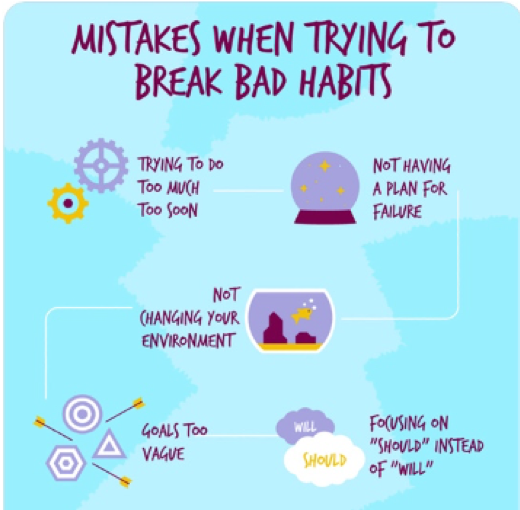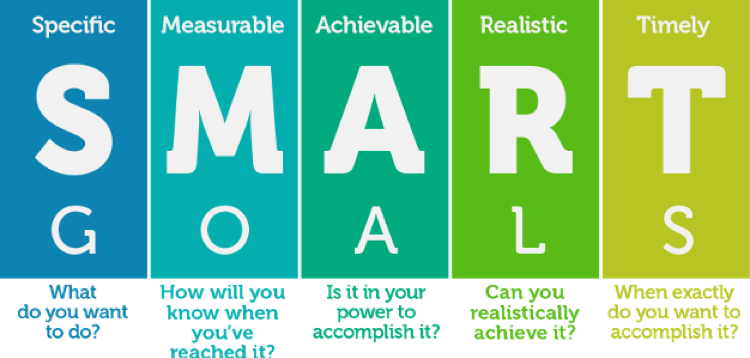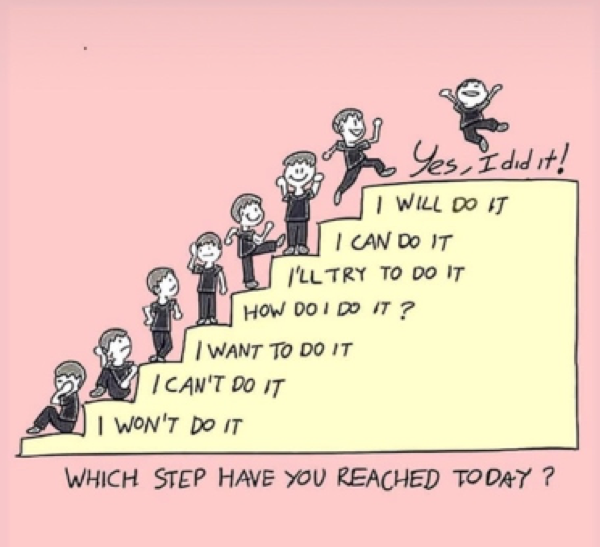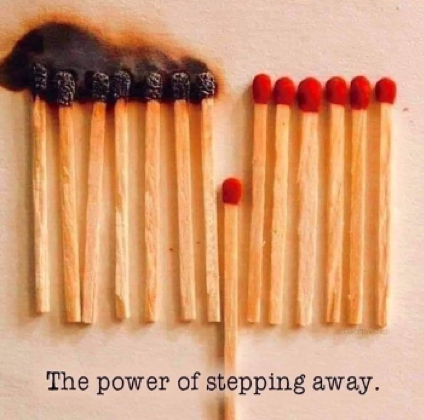Why You Can’t Break Those Bad eLearning Habits (and How You Can)
Author: Stephen Hurworth
In November, I drew on the work of Dr Travis Bradberry and wrote an article on the Five Bad Habits to Eliminate in the IB. These concepts were based and applied on being in a school environment with the daily rhythm of regular encounters with peers and teachers, surrounded by the hustle and bustle of DCB’s vibrant corridors, classrooms and social spaces.
Now that we are more than a month into eLearning and in our own individual eLearning environments, I wonder how many bad habits we are all trying to break. How are you having to cope with even more emphasis placed on successful and constant self-control? This article is designed to help you navigate through any mistakes you are encountering when trying to break any bad habits, as a result of the challenges we face when engaging in remote learning.

When we allow bad habits to take over, it dramatically impedes our path to academic success and puts obstacles in the way of our own wellbeing. Breaking bad habits requires self-control—and lots of it. Further research indicates that it’s worth the effort, as self-control has huge implications for success (Bradberry, 2019).
Trying Too Much Too Soon
Although it is in our best intentions, trying to fix all of our bad habits at once probably will result in frustration, lack of clarity and maybe even the creation of more bad habits. Approach and embrace each bad habit one at a time, make a plan and stick to it. Once you have overcome one bad habit, move on to the next. Taking small steps and successfully navigating through them will be more satisfying than becoming overwhelmed in attempting to break them all at once. A famous quote from Bill Shankly, ‘It is a marathon, not a sprint,’ sums up this concept perfectly.
Are Your Goals Too Vague?
We have all heard of SMART goals, but do we actually apply them when trying to break bad habits? Can you make your goals more specific, measurable, achievable, realistic and timely moving forward? Have a go at applying the SMART goals to breaking your bad eLearning habits.

Not Having a Plan for Failure
Success doesn’t always follow a linear line. In fact, I bet if we looked deeper into all of our successes, in which there are many, I hazard a guess we all went through our own squiggly line like the picture referenced. When it comes to breaking bad habits, I would strongly suggest having a backup plan. One example I heard from a Year 13 student a couple of weeks ago sums this point up perfectly. ‘I kept losing focus when it came to putting my ideas down on the page. I tried a different environment, energy drinks and even exercise. When all else failed, I switched off my phone and created a really basic mind map. This way I was able to put all my thoughts down on a page and make a plan.’ He later went on to say, ‘I wish I just started with a mind map in the first place….’
‘By failing to prepare, you are preparing to fail…’
– Benjamin Franklin

Focus on 'I will', Rather Than 'I should' - the Power of Positive Self-Talk
Positive self-talk helps you fight the toxicity by allowing yourself to see the bigger picture and to understand that your thoughts are your experience and not reality. When we speak to ourselves in a positive way, we enable our brains to move past the immediate circumstances and recognise the truths (James, 2019).
Try more positive self-talk when combatting your bad habits and cut out the, ‘I should’ comments and replace them with ‘I will’. You will reap the benefits and beat your bad habits with greater determination, focus and clarity.

Change Your Environment to Kick Those Bad Habits
The famous quote, a ‘change is as good as a rest’ applies perfectly to this concept. If your workplace or space is starting to form lingering smells, a feeling of extra pressure, or just a general bad mood, then change it up. Now that more places are starting to open up in Beijing, try working in your favourite café. Try collaborating with your classmates over a video conference when conducting your work. Why not schedule in weekly VC calls with your classmates to discuss your work? Always keep in mind that you are completing these tasks to better your overall academic journey. A positive frame of mind and solution-based conversations are essential in any change.

Which tip applies most to your situation, environment and daily routine? Don’t take on too much too soon. Kick those bad habits for a healthier, happier and successful eLearning experience!








